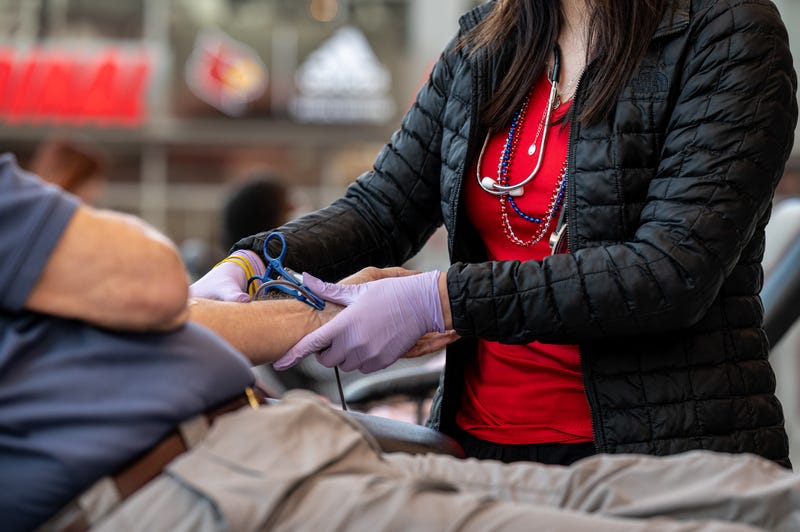
The Food and Drug Administration is continually updating guidelines and standards regarding who can and can not donate blood in this country.
Recent changes include allowing people who may have come into contact with Mad Cow disease in Europe to donate. Previously, there was a ban on people who spent time in the United Kingdom between 1980 and 1996, people who spent time in France and Ireland between 1980 and 2001, and people who received a blood transfusion in the UK, France, or Ireland after 1980.
But federal regulators are also weighing whether to get rid of 1980s-era restrictions on men who have sexual relationships with other men.
“Things have changed so much since 1983,” said Wendy Capetz, Senior Executive Director of Enterprise Marketing for Memorial Blood Centers in the Twin Cities.
Forty years ago, during the height of fears over the HIV epidemic, the restrictions said gay men could not donate blood. In 2015, that changed to a 12-month deferral, and in 2020, it became three months.
The FDA is currently taking public comment on possibly eliminating the deferrals for gay or bisexual men. That public comment period ends at the end of March.
“It’s really important as we consider the health of the blood supply that we are making it possible for people who are eligible to donate to come in and donate and support community health,” said Capetz.
She said currently about half ot the U.S. population is considered eligible to donate blood.
“Of that, only about five percent of people actually do donate blood,” she said.
Because of these regulations, people can often be turned away at blood donation centers nationwide.
